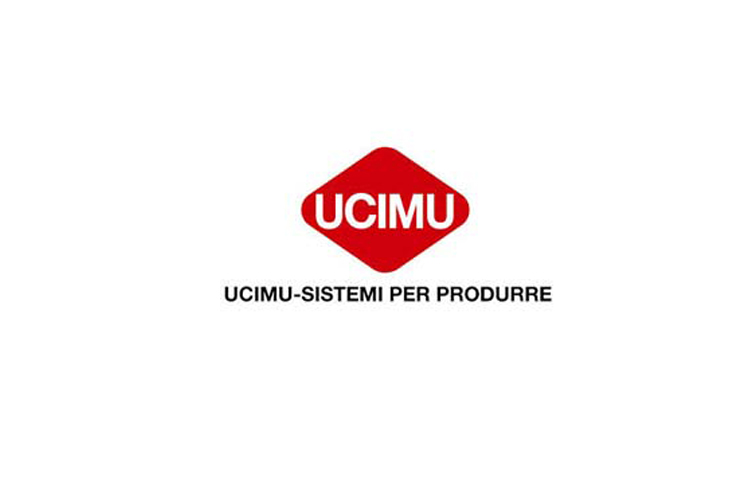The National Plan Industry 4.0 implemented by the Government has already given good results. This is highlighted by the quarterly data report by UCIMU concerning the collection of machine tool orders: in the first quarter of 2017 it registered a 5.1% increase compared with the same period of the previous year. The absolute value of the index amounted to 187.7, considerably over the average 100 established in 2010.
In particular, the overall outcome of the index, processed by the Studies Dept. of UCIMU-SISTEMI PER PRODURRE, was due to the excellent performances of the orders collected in the domestic market, grown by 22.2% versus the period January-March 2016. The absolute value of the index was 236.3.
Abroad the index remained stationary, recording a 0.3% rise. The absolute index was 168.1.
After the decrease experienced in the last quarter of 2016, owing to the waiting effect for the National Plan Industry 4.0 announced by the Minister of Economic Development, Carlo Calenda, the Italian demand for manufacturing systems starts to move again and in a significant way, as a testimony to the positive situation of the domestic market that today can also benefit from important tax incentives, such as Super- Depreciation and Hyper-Depreciation.
Massimo Carboniero, President of UCIMU-SISTEMI PER PRODURRE, asserted: “The choice of the Government authorities of giving our country a solid industrial policy, aiming at fostering the enterprises’ technological and organisational development, has surely been forward-looking, not only with regard to the provisions included in the Plan, but also considering the current economic situation.”
“Actually, after years of difficulty, since 2014 the Italian market had started to invest again in production systems. The factors that made the temporal context “perfectly suitable ” for applying the Plan are the recovery of demand and the concomitant data about the ageing of manufacturing plants, whose average age turned out to be 13 years.
“The order index of the first quarter of 2017, regarding the domestic market – affirmed Massimo Carboniero – is a clear evidence: the programme implemented by the Government authorities is giving good results. The propensity of the Italian manufacturing industry to invest in industrial technology and connectivity systems needed a boost which has been ensured by the National Plan Industry 4.0”.
On the other hand, the positive situation of the Italian market, – back to a consumption level which is closer to that reported before the recession – is also confirmed by the figures of LAMIERA: this exhibition will have its first Milan edition in two weeks. Hosted at fieramilano Rho from 17 to 20 May, the biennial trade show dedicated to the sector of sheet metal forming technologies presents itself with a sold-out exhibition space. Over 450 enterprises and 40,000 square meter of total exhibition area are the starting point of the “new” LAMIERA, this year in Milan after 18 editions, with the goal of further developing the networking between demand and supply in this sector.
“Now, we have to understand – continued the President of UCIMU-SISTEMI PER PRODURRE – whether one year is enough to give back the necessary impetus to Italian enterprises, in order to enable them to increase their competitiveness level, which is essential for facing foreign competitors”.
“In this connection – pointed out Massimo Carboniero – we could ponder over the actual nature and the applicability extension of the two key provisions included in the National Plan Industry 4.0. In particular, it could be useful to transform Super-Depreciation into a structural provision, also in order to adjust the current depreciation coefficients, which do no longer correspond to the real duration of goods. In addition, taking into account that enterprises are showing great interest in undertaking a digital re-organisation in their own facilities, we might consider including Hyper-Depreciation even in the next Budget Law”.
“While awaiting a confirmation regarding the effectiveness of the two fiscal incentives, also from the next quarterly outcome – concluded the President of UCIMU-SISTEMI PER PRODURRE – the manufacturing enterprises, now more than before committed in R&D activity, would however significantly benefit from immediate actions of reduction of the tax wedge and of deduction of social security contributions for newly recruited young employees. These provisions would be capable of encouraging the placement of human resources to meet the need for new qualified professionals required for the new approach of Industry 4.0”.


